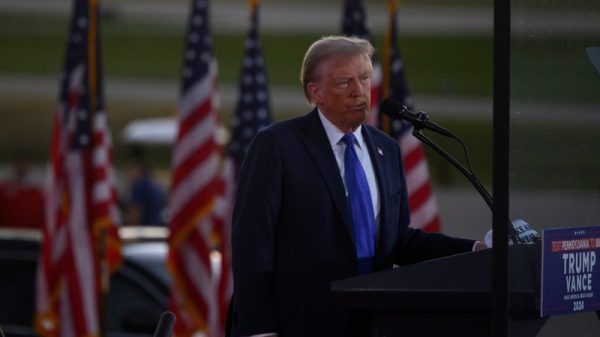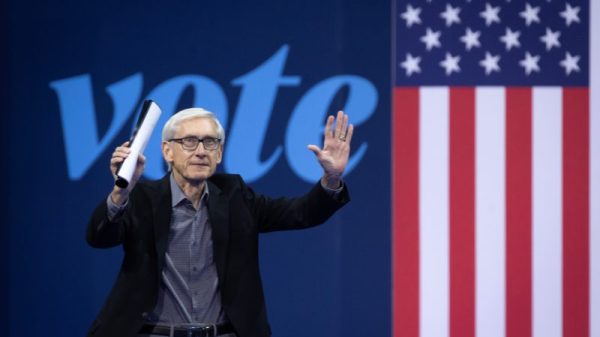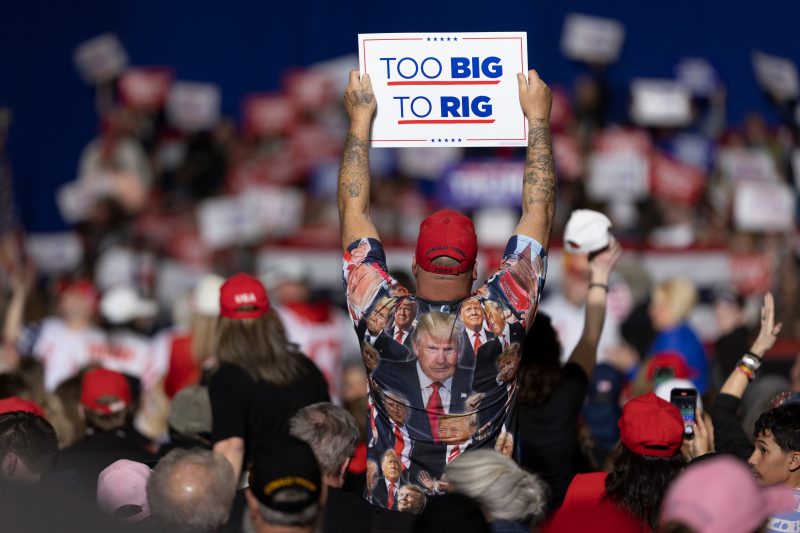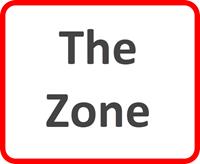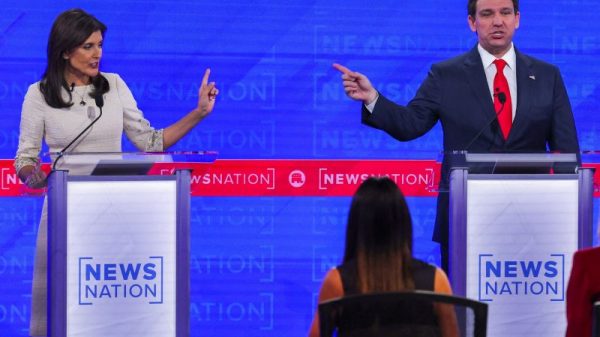The reason casinos make money — or, at least, most casinos — is that the odds are stacked in their favor. The extent of this advantage varies by game; it’s generally smallest in craps. But over time, the house comes out on top because probability says it will.
This is what it looks like when something is rigged: The chances of one thing happening are constructed to be higher than the chances of something else happening. A loaded die won’t always land the way you want it to, but it does more often than it should. It’s rigged.
Were American elections rigged in the way Donald Trump suggests they are, the only way to overcome that bias would be to dismantle it. Sure, you can beat the house for a while, maybe long enough to make a profit and hustle out the door. But you don’t beat the house by betting more and harder. If you want to unrig a blackjack game, you have to change the way the game is run.
At recent rallies, Trump has taken to demanding that his supporters overcome the rigging that he says prompted his loss in 2020 (it did not) by voting more heavily. This is summarized tidily as “too big to rig” — to overcome the house’s advantage against Trump, you just have to pour more votes into the system. Got to bet harder.
For the most part, it’s just a way for Trump to accomplish two things at once. He wants to reinforce the idea that the 2020 election was somehow ripped away from him (it wasn’t) and that his supporters need to turn out in November.
But he also suggests there is a way to overcome the rigging by voting more.
“We want a landslide that is too big to rig,” he said at a rally in Virginia this month. “That’s what we need because they’re going to be cheating, and they’re cheaters, and we’re going to be watching them, and we’re going to prosecute.”
He didn’t articulate how this would work. Nor did he do so when he said at a rally in North Carolina that “we have to win so that it’s too big to rig.” How?
We can trace this idea that voting breaks a rigged system back to the infamous November 2020 news conference at the Republican National Committee headquarters in D.C. This was the event in which attorney Sidney Powell and Rudy Giuliani — she in leopard print, he with impromptu hair-dye sideburns — outlined a sweeping theory of malfeasance in the presidential contest. The elements of the argument that hadn’t already been debunked soon would be, and the event would primarily end up serving mostly to trigger cringes from even fervent Trump allies. But it was here that the idea of tricking the rigged system emerged.
After all, Giuliani and Powell were offering contradictory theories on how the election was stolen. Giuliani was claiming, falsely, that illegal ballots were cast, often by mail. Powell was claiming, falsely, that voting machines shifted votes to favor Democrat Joe Biden. But, you’ll notice, if you have the latter, you don’t need the former. Why have illegal real ballots when you can gin up illegal imaginary ones.
Because, Powell explained, the computers fizzled.
“We only discovered [the voting machine vote-flipping] this year because of the overwhelming number of votes for President Trump in the swing states,” she claimed, “that caused the machines to have to shut down for them to backfill for adding votes.”
The computers overheated or something! You might think of computers as digital machines that are capable of calculating numbers well into the millions, but, in reality, computers are like large barrels that can handle only so many pickles before bursting their hoops.
She explained it a bit differently later.
“It can set and run an algorithm that probably ran all over the country to take a certain percentage of votes from President Trump and flip them to President Biden,” she said, “which we might never have uncovered had the votes for President Trump not been so overwhelming in so many of these states that it broke the algorithm that had been plugged into the system and that’s what caused them to have to shut down in the states they shut down in.”
The algorithm was set to Biden equals Trump plus one vote, but then there were so many Trump votes that the algorithm was like, wait, what’s 9 million plus one vote?!? ERROR ERROR, and the fraudsters had to scramble to figure out an alternative plan. The election, in those places at that moment, had become too big to rig.
It’s all silly, of course, but it is also accepted by Trump’s supporters as real. Before the 2022 election, there was a push for Republicans to show up late on Election Day and cast ballots only at the last minute, again to confound the vote-riggers. If you brought only 100 fake Democratic ballots and then, right at 8 p.m., 200 Republican voters show up? Checkmate! Never mind that Trump’s theory of 2020 was that thousands of votes were illegally injected in the middle of the night (they weren’t). None of this operates in the realm of consistency or logic.
One might generously argue that “too big to rig” just means that Trump needs enough support to overcome the purported influence of the media, social media companies and other actors accused of unfairly aiding Biden four years ago. That makes more sense, certainly, but also isn’t “rigging.” If you accept that this played a significant role (which you probably shouldn’t), this is, at best, “influencing.”
Trump lost in 2020 because he got too few [votes] to renew [his presidency]. It’s not as catchy, but arguing more directly that he needs people to come out and vote makes a lot more sense than whatever Sidney Powell was talking about.


